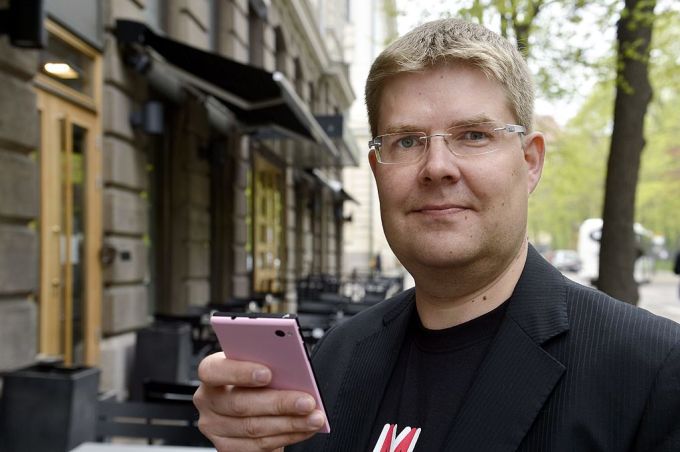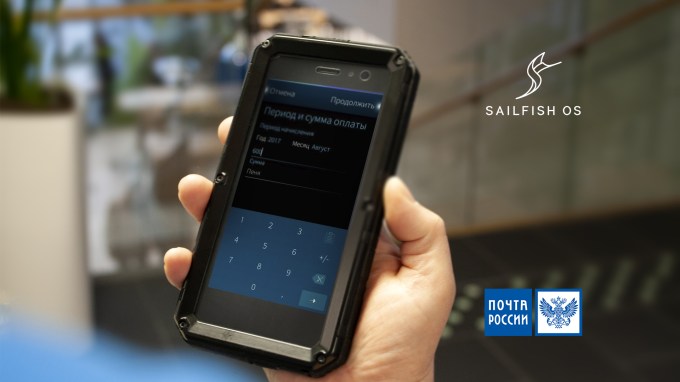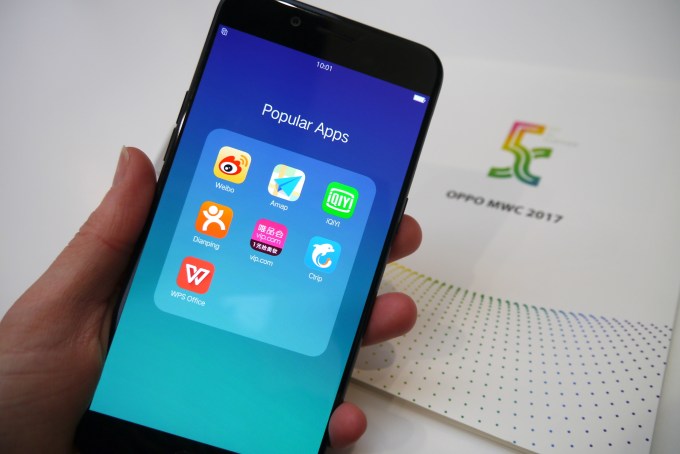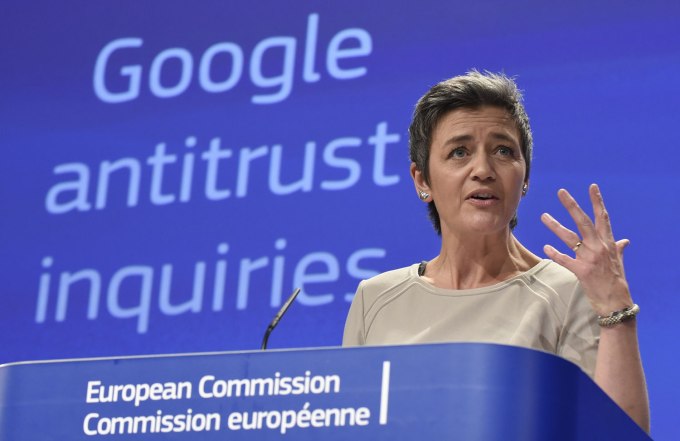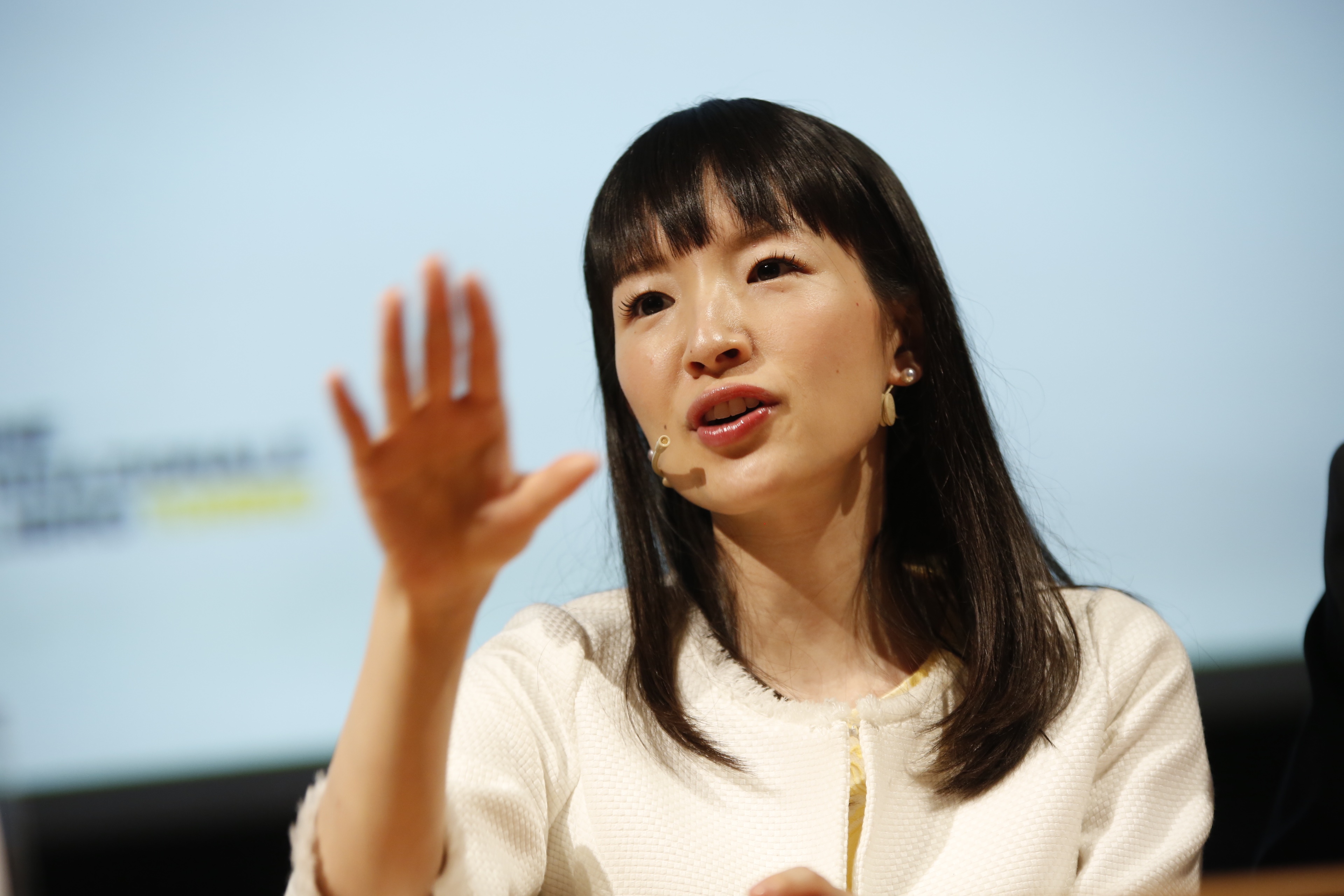Alison Johnston didn’t plan to build a startup around death. An early employee at Q&A app Aardvark that was bought by Google, she’d founded tutoring app InstaEDU and sold it to Chegg. She made mass market consumer products. But then, “I had a family member who was diagnosed with terminal cancer and I thought about how she’d be remembered” she recalls. Inventing the next big social app suddenly felt less consequential.
“I started looking into the funeral industry and discovered that there were very few resources to support and guide families who had recently experienced a death. It was difficult to understand and compare options and prices (which were also much higher than I ever imagined), and there weren’t good tools to share information and memories with others” Johnston tells me. Bombarded by options and steep costs that average $9,000 per funeral in the US, families in crisis become overwhelmed.
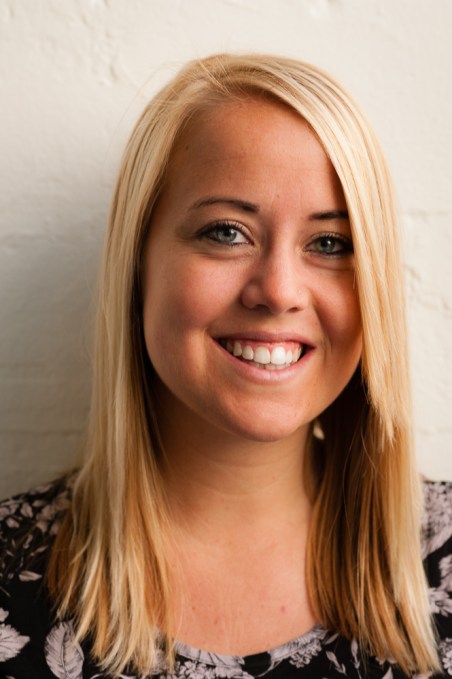
Ever Loved co-founder and CEO Alison Johnston
Johnston’s startup Ever Loved wants to provide peace of mind during the rest-in-peace process. It’s a comparison shopping and review site for funeral homes, cemeteries, caskets, urns, and headstones. It offers price guides and recommends top Amazon funeral products and takes a 5 percent affiliate fee that finances Ever Loved’s free memorial site maker for sharing funeral details plus collecting memories and remembrances. And families can even set up fundraisers to cover their costs or support a charity.
The startup took seed funding from Social Capital and a slew of angel investors about a year ago. Now hundreds of thousands of users are visiting Ever Loved shopping and memorial sites each month. Eventually Ever Loved wants to build its own marketplace of funeral services and products that takes a 10 percent cut of purchases, while also selling commerce software to funeral homes.
“People don’t talk about death. It’s taboo in our society and most people don’t plan ahead at all” Johnston tells me. Rushing to arrange end-of-life logistics is enormously painful, and Johnston believes Ever Loved can eliminate some of that stress. “I wanted to explore areas where fewer people in Silicon Valley had experience and that weren’t just for young urban professionals.”
There’s a big opportunity to modernize this aging industry with a sustainable business model and empathy as an imperative. 86 percent of funeral homes are independent, Johnston says, so few have the resources to build tech products. One of the few big companies in the space, the $7 billion market cap public Service Corporation International, has rolled up funeral homes and cemeteries but has done little to improve pricing transparency or the user experience for families in hardship. Rates and reviews often aren’t available, so customers can end up overpaying for underwhelming selection.

On the startup side, there’s direct competitors like FuneralWise, which is focused on education and forums but lacks robust booking features or a memorial site maker. Funeral360 is Ever Loved’s biggest rival, but Ever Loved’s memorial sites looked better and it had much deeper step-by-step pricing estimates and info on funeral homes.
Johnston wants to use revenue from end-of-life commerce to subsidize Ever Loved’s memorial and fundraiser features so they can stay free or cheap while generating leads and awareness for the marketplace side. But no one has hit scale and truly become wedding site The Knot but for funerals.
I’ve known Johnston since college, and she’s always had impressive foresight for what was about to blow up. From an extremely early gig at Box.com to Q&A and on-demand answers with Aardvark to the explosion of online education with InstaEDU, she’s managed to get out in front of the megatrends. And tech’s destiny to overhaul unsexy businesses is one of the biggest right now.
 Amazon has made us expect to see prices and reviews up front, so Ever Loved has gathered rate estimates for about two-thirds of US funeral homes and is pulling in testimonials. You can search for 4-star+ funeral homes nearby and instantly get high-quality results. Meanwhile, funeral homes can sign up to claim their page and add information.
Amazon has made us expect to see prices and reviews up front, so Ever Loved has gathered rate estimates for about two-thirds of US funeral homes and is pulling in testimonials. You can search for 4-star+ funeral homes nearby and instantly get high-quality results. Meanwhile, funeral homes can sign up to claim their page and add information.
Facebook popularized online event pages. But its heavy-handed prerogatives, generalist tone, and backlash can make it feel like a disrespectful place to host funeral service details. And with people leaving their hometowns, newspapers can’t spread the info properly. Ever Loved is purpose-built for these serious moments, makes managing invites easy, and also offers a place to collect obituaries, photos, and memories.
Rather than having to click through a link to a GoFundMe page that can be a chore, Ever Loved hosts fundraisers right on its memorial sites to maximize donations. That’s crucial since funerals cost more than most people have saved. Ever Loved only charges a processing fee and allows visitors to add an additional tip, so it’s no more expensive that popular fundraising sites.
Next, “the two big things are truly building out booking through our site and expanding into some of the other end of life logistics” Johnstone tells me. Since the funeral is just the start of the post-death process, Ever Loved is well positioned to move into estate planning. “There are literally dozens of things you have to do after someone passes away — contacting the social security office, closing out bank accounts and Facebook profiles…”
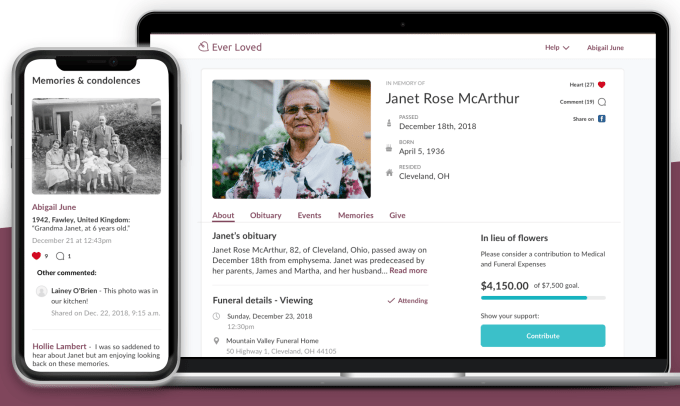
Johnston reveals that 44 percent of families say they had arguments while divying up assets — a process that takes an average of 560 hours aka 3 months of full-time work. As the baby boomer era ends over the next 30 years, $30 trillion in assets are expected to transfer through estates, she claims. Earning a tiny cut of that by giving mourners tools outlining popular ways to divide estates could alleviate disagreements could make Ever Loved quite lucrative.
“When I first started out, I was pretty awkward about telling people about this. We’re death averse, and that hinders us in a lot of ways” Johnston concludes. My own family struggled with this, as an unwillingness to accept mortality kept my grandparents from planning for after they were gone. “But I quickly learned was this was a huge conversation starter. rather than a turn off. This is a topic people want to talk about more and educate themselves more on. Tech too often merely makes life and work easier for those who already have it good. Tech that tempers tragedy is a welcome evolution for Silicon Valley.
from Social – TechCrunch https://ift.tt/2TwL2pd Funerals are tough. Ever Loved helps you pay for them Josh Constine https://ift.tt/2EMJz4z
via IFTTT





